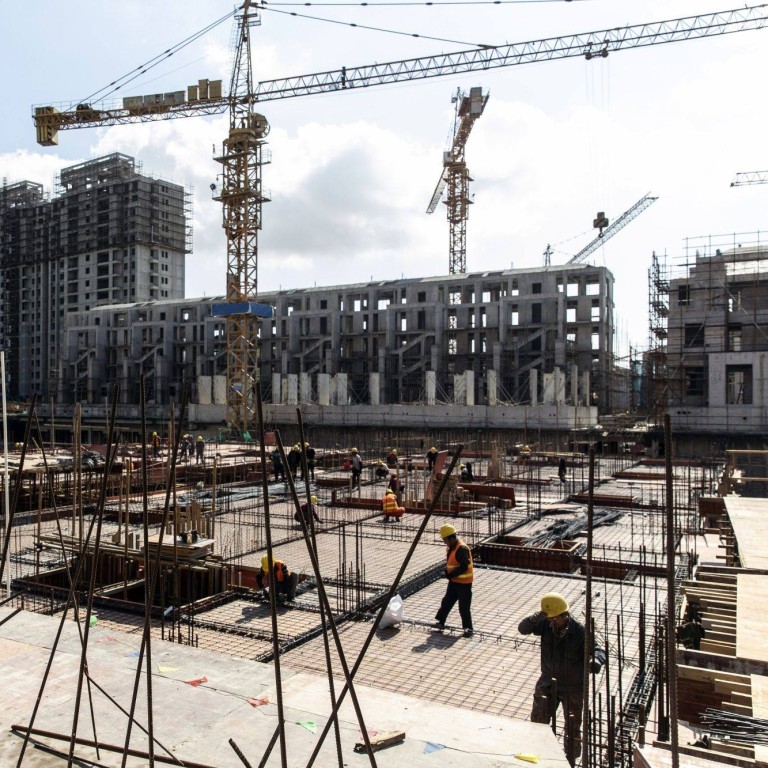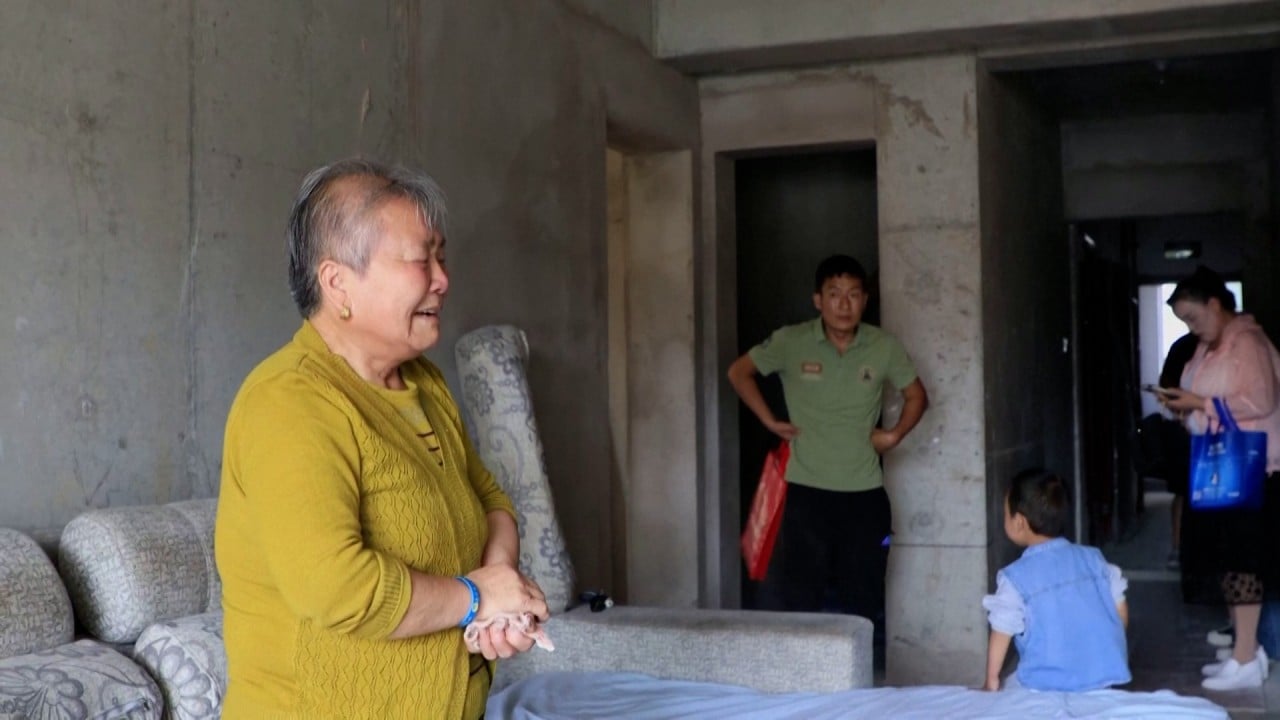
China’s key financial conference to focus on resolving debt, strengthening supervision amid property crisis
- National financial work conference set to start on Monday, with debt risks and strengthening the supervision of the Communist Party to be top of the agenda
- Beijing urged to manage systemic risk by containing the dangers from the property sector and local government financing vehicles (LGFVs)
China’s top leaders are expected to gather in Beijing for a key financial conference this week, with debt risks and strengthening the supervision of the Communist Party set to be top of the agenda, sources familiar with the details said.
The closed-door, two-day national financial work conference is scheduled to start on Monday, one source said.
China’s top leaders, state executives, regulators and senior bankers have gathered every five years since 1997 for the conference focusing on financial policies and development. The last national financial work conference was held in 2017.
“[The conference] will primarily focus on resolving debt. At the moment, the most important thing is to resolve the debt problems,” one of the sources said.
“Of which the core is the fact that local governments are out of money. And the core reason for that is the downturn in the real estate market.”
What is China’s national financial work conference? Key decisions since 1997
Another source added that strengthening the leadership of the party, as well as financial discipline in the areas of local government debt, would be given emphasis at the conference.
The prolonged downturn in the property market has triggered rising concerns over its impact on local government revenues and outlook for the world’s second-largest economy.
In 2018, the central government demanded local authorities stop accumulating so-called hidden debts – informal channels of borrowing often through local government financing vehicles (LGFVs).
LGFVs are hybrid entities that are both public and corporate and were created to skirt restrictions on local government borrowing and have proliferated since the global financial crisis in 2008.
I think one key objective of the conference is to manage systemic risk
“In the end, the central government may have to bail them out,” a second source said.
“This is why relevant personnel in the financial sector have to be dealt with, to prevent new aid from being abused.”
The new issuance, approved by the National People’s Congress, will raise the budget deficit ratio to about 3.8 per cent of gross domestic product (GDP) – well above the 3 per cent target set in March.
“I think one key objective of the conference is to manage systemic risk. That is, to contain the risk from the property sector and the LGFVs, preventing such problems from causing systemic risks,” said Zhang Zhiwei, president and chief economist at Pinpoint Asset Management.
He added that the central government would likely accept more fiscal burden going forward by raising the budget deficit and issuing more debt.
Bad loans in the banking sector, revitalising the capital markets, policies to support the private sector could also be highlighted at the conference, analysts said.
Alicia Garcia-Herrero, chief economist for Asia-Pacific at Natixis, said China’s small and medium enterprises (SMEs) have suffered at the hands of cash-strapped real estate developers.
City commercial banks have stepped up to increase lending, while some of the SME loans may also have to be restructured, she added.
China spins up new party finance organ as property market continues to lurch
Soochow Securities said on Thursday that there could be clearer rhetoric from the conference in creating a “top-down financial regulatory framework”, with the Central Finance Commission as the top-level party financial watchdog.
The committee had been established by the State Council following the 2017 national financial working conference to act as China’s supreme decision-making body on national financial affairs.
Additional reporting by Frank Tang



